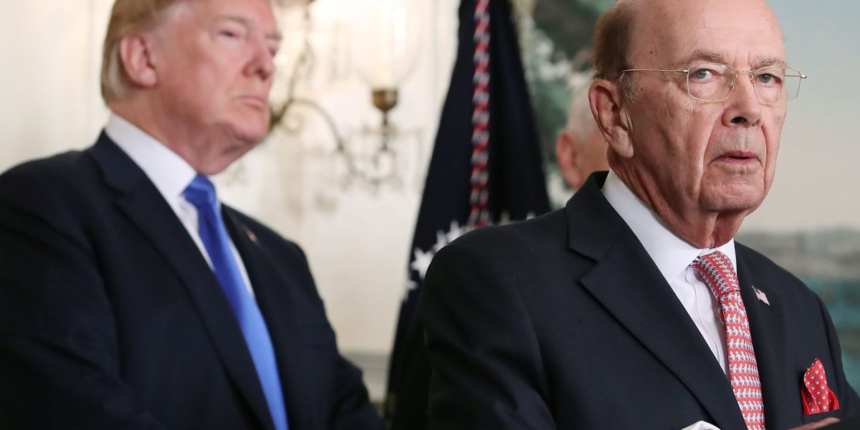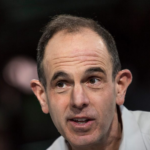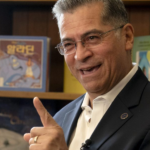Despite insistence from President Trump that the base interest rate should be cut, it seems the policy and rhetoric out of the White House itself may the very reason why the Fed can’t wield the axe.
For many months, Jerome Powell and other members of the Federal Open Market Committee (FOMC) have noted that tariffs are one of a number of factors impacting their view of the economy. More specifically, they want to know how much of the cost from the sanctions will be passed on to U.S. consumers.
Trump has threatened to fire Powell from his role as head of the Federal Open Market Committee for refusing to cut rates—a jibe he had to walk back after markets shuddered at the notion of the White House interfering so deeply in the independent central bank.
But the president has also made it clear that when Powell’s tenure comes to an end next year, he won’t be nominated for the role again. Instead, Trump has said he will be nominating an economist who is more open to normalizing the base rate.
Trump has also begun to question Powell’s tenure as Fed chairman, visiting the site of the central bank’s office renovation last week after his administration had questioned the costs and nature of the work.
With his job prospects already decided, and potentially his legacy also being undermined, Secretary Ross argues that Powell’s motivation—consciously or not—may not be to behave in a way favorable to the Oval Office.
“It is a very known fact that for a long time now, several years, the president and Powell have not gotten along at all, and it’s clear he’s known for quite some little while that Trump has no intention of reappointing him,” Secretary Ross tells Fortune in an exclusive interview. “His term ends in the middle of next year so he had no motivation from that point of view to be cooperative.”
“And I’m sure, as any human being might, I’m sure he resents the amount of pressure being put on him.”
Powell has repeatedly rejected the notion that the decision about the base rate is down to anything except economic data and anecdotal evidence submitted to the FOMC by businesses on the ground.
The Fed would reject the notion that Powell’s opinion alone sets the base rate. There are, after all, 12 voting members of the FOMC, and non-voting regional bank presidents and are economists also given the opportunity to share their thoughts and data.
“Independence is a concept and it’s a time-honored one, but that doesn’t mean that the Fed can’t be responsive,” Secretary Ross continued. “And if you noticed, even though at the time inflation was higher in the runup to the last election, Powell didn’t have any trouble reducing interest rates. It’s only since Trump got in that he has been much more cautious.”
The FOMC did indeed cut rates in December, when inflation sat at 2.9% compared to June’s 2.7%. At the time, the Fed said the move was the right one because there were indications of underlying economic slowdown, which a restrictive stance was not aiding.
While stopping short of calling Powell political—as President Trump has done—Secretary Ross said Powell’s current stance “raises the question” as to the possibility of “political motivation.”
He said: “Whoever is in the Fed is, after all, a human being, and human beings have political preferences, they have economic preferences, so the word ‘independent’ doesn’t necessarily mean that it will be just a fact-based.”
Ultimately. Powell and the FOMC face an unwinnable dilemma. If they refuse to cut it, only furthers critics’ speculation that Powell is resisting pressure from Trump. Yet if they do reduce the base rate, it looks like a political capitulation from a federally mandated independent Fed.
Perhaps the only thing the FOMC can do is stay tight-lipped on politics, and stick to the data.









